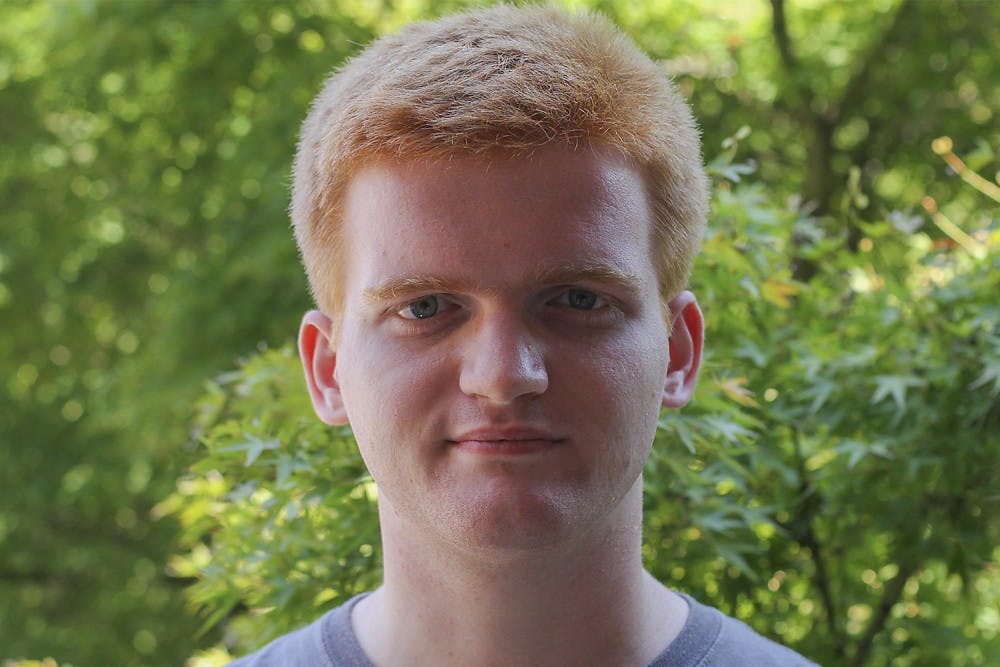The University ought to proceed with caution on this model, expanding on the existing research.
Despite claims to the contrary, the research is incomplete — in universities, flipped classes have only been tested in the context of single courses. According to both UNC lecturer Kelly Hogan and Student Body President Andrew Powell, two of the biggest advocates of flipped classrooms at UNC, they were not aware of any study that measured students’ performance in, say, three or four flipped classes, or whether performance in other classes were affected by the time spent on the flipped class.
While Hogan had surveyed her Biology 101 students on how much time they spent on schoolwork outside of class, she doubted most other professors asked these questions.
In fact, I could find only one system that tested multiple flipped classes: Clintondale High School in Michigan. The results were favorable, but Biology 101 is harder than the typical Advanced Placement biology class.
Flipped classrooms are a good idea, but good ideas imposed on wider systems can have unexpected consequences. I’m all for using technology to engage students, but the buzz shouldn’t prevent incisive questioning of the model. No Child Left Behind also sounded great, just as the 10-day drop period must have to the Board of Governors.
To get the day's news and headlines in your inbox each morning, sign up for our email newsletters.
Such innovation is great for the Chancellor’s national op-eds. Back at Dartmouth, Folt also wanted to eliminate grades for freshmen.
I’m as willing to jump on the innovation bandwagon as the next guy, but I want to know a few things. Am I looking forward to a semester of three sections of Computer Science 530, which took as much time as a graduate course? How much time will that take, compared to now? What if a flipped Chemistry 101 section is taught by an apathetic postdoc who no longer has to prepare a lecture, rather than a passionate teacher experimenting with new methods?
I want to know a lot of things about flipped classes. Performance in individual courses is only one of them.



